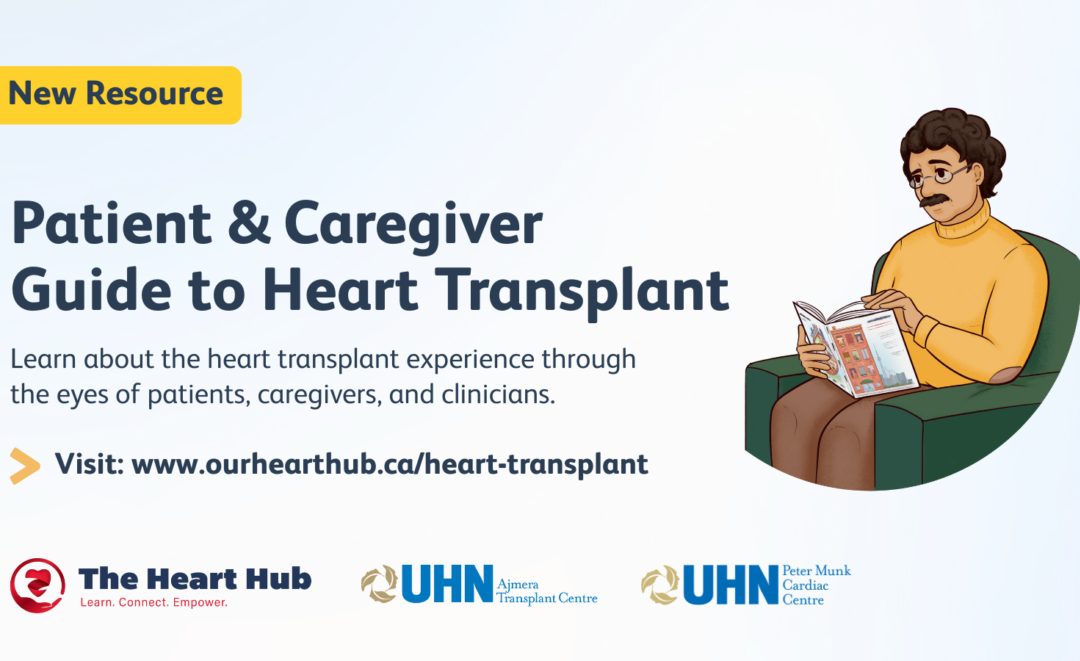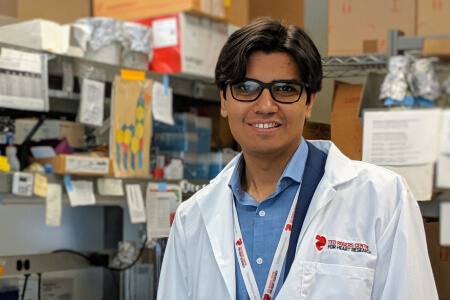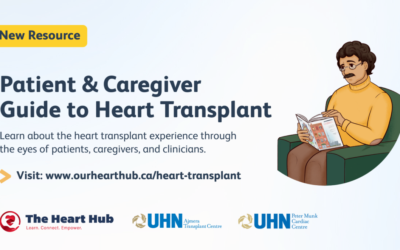The digital age is transforming health care and research – and Dr. Joseph Cafazzo has witnessed the potential of technology to improve healthcare delivery and empower patient self-care.
“Given the opportunity, patients have an immense capacity to care for themselves,” says Dr. Cafazzo, who leads the Centre for Global eHealth Innovation at University Health Network. “Patients want to stay at home; they obviously don’t want to be hospitalized. A patient empowered to self-care will have better outcomes than anything the healthcare system can do.”
A TRCHR member, Dr. Cafazzo is working with physicians in the Heart Failure and Transplant Program at the Peter Munk Cardiac Centre to fine-tune a novel heart function home monitoring platform. This technology is key to reducing readmission rates and length-of-stay in hospital for heart failure by 50 and 20 percent respectively within the decade.
Its name is Medly, a smartphone app being tested in select heart failure patients at the Peter Munk Cardiac Centre. Still in development, this app is designed for patient and health-care provider, able to give live readings such as blood pressure, ECG recordings, and fluctuations in weight. Still in development, the sky is the limit for Medly, in large part because of its unique placement inside Canada’s foremost cardiac care center.
What’s next
“I think about what’s next,” says Dr. Cafazzo. “What motivates me is knowing that I need to get it right. What we do has to be effective in really changing the patient’s life for the better. That’s our measurement stick.”
What’s next are advanced wearables that continuously transmit data, experimenting with existing devices such as Fitbit that track activity, exercise, food, weight and sleep. “Studies have shown that wearable technologies are predictive of cardiopulmonary activity,” Dr. Cafazzo says. “For example, if a patient is doing well, then their step-count is probably high. If we’re seeing our heart failure patients only getting a couple of hundred steps a day, this presents a problem.”
Other technology being developed to reduce heart failure re-admission includes a wearable ECG patch that provides continuous real-time heart rate, respiration rate and heart rate variability and can wirelessly upload vital signs data in real-time.
“We’re just scratching the surface,” says Dr. Cafazzo. “Technology is going to transform the way we deliver healthcare and we’re on the cusp of something transformational. It’s easy to get up in the morning when you are doing such important work.”
















